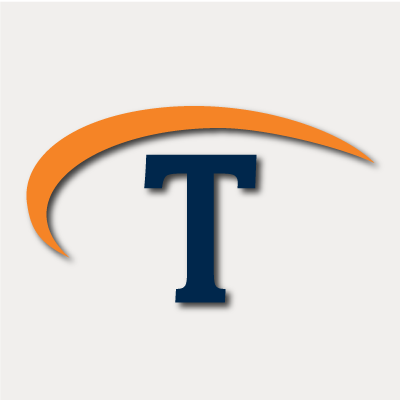
Walmart is rapidly expanding its adoption of blockchain technology. In 2018 the retail giant announced that it would begin requiring its suppliers of leafy green vegetables to use blockchain for product tracking. Automating supply chain processes improves food safety. In June, Walmart joined the MediLedger consortium, which is implementing a blockchain-based system for tracking pharmaceutical products.
Walmart is not the only company that is looking to blockchain to automate transactions and ensure data integrity. In Deloitt’s 2018 global survey of blockchain-savvy executives, 74 percent of respondents said they see a “compelling business case” for blockchain, although only 34 percent have begun deployment.
Blockchain is a form of digital record-keeping that makes a history of information visible, accessible and transparent. Blocks of data are continuously created and added to a digital ledger, or chain of data, in chronological order. Changing the data would require a coordinated effort among a large number of users, which is why blockchain is virtually tamper-proof.
Blockchain is becoming popular in large part because of the level of security it provides. Digital signatures can be used to verify user identity, and users can control who sees what data and how it can be used. Because a blockchain is built on a distributed model, there is no central point of failure, which makes blockchain highly reliable.
Blockchain was originally developed to enable transactions involving digital currency without involving a central bank as a middleman. Rules are established by code, not regulators. Blockchain makes it possible to process financial transactions more quickly and at a lower cost without the need for outside standards from a third party. Users can also see the details of previous transactions. By removing complexity from financial systems, blockchain could enable the development of innovative financial products, spur competition, and reduce barriers to entry, all with greater transparency.
While blockchain is a natural in the financial sector, additional use cases are being explored. Blockchain could eventually become the new standard for electronic signatures and smart contracts, which verify ownership of assets before a transaction is finalized. The U.S. Congress has created a Blockchain Caucus to research use cases, and the state of Delaware is testing the use of blockchain for its corporate registry.
In the heavily regulated energy sector, both utilities and consumers could turn to blockchain to buy and sell renewable energy without intermediaries. Testing is already under way to determine how blockchain can be used to create neighborhood-powered microgrids. Centralized legacy systems would be replaced with distributed hybrid systems that offer greater efficiency, flexibility and reliability.
Suppliers and retailers could optimize the supply chain by using blockchain to track the flow of goods from the origin to the store. Manufacturers, shippers, carriers, drivers and retailers could verify that goods were transferred to the next party with no damage. Sensors could even be used to detect and record the time and location of a noticeable change, such as a temperature fluctuation or a physical jolt, that could have caused damage.
Right now, conversations involving blockchain are focused mainly on potential. However, millions of dollars are being poured into research and experimentation. While it may be too early to begin work on a blockchain strategy, now is the time to familiarize yourself with blockchain technology and think about how it can add value to your organization.

June 11, 2019
Comments